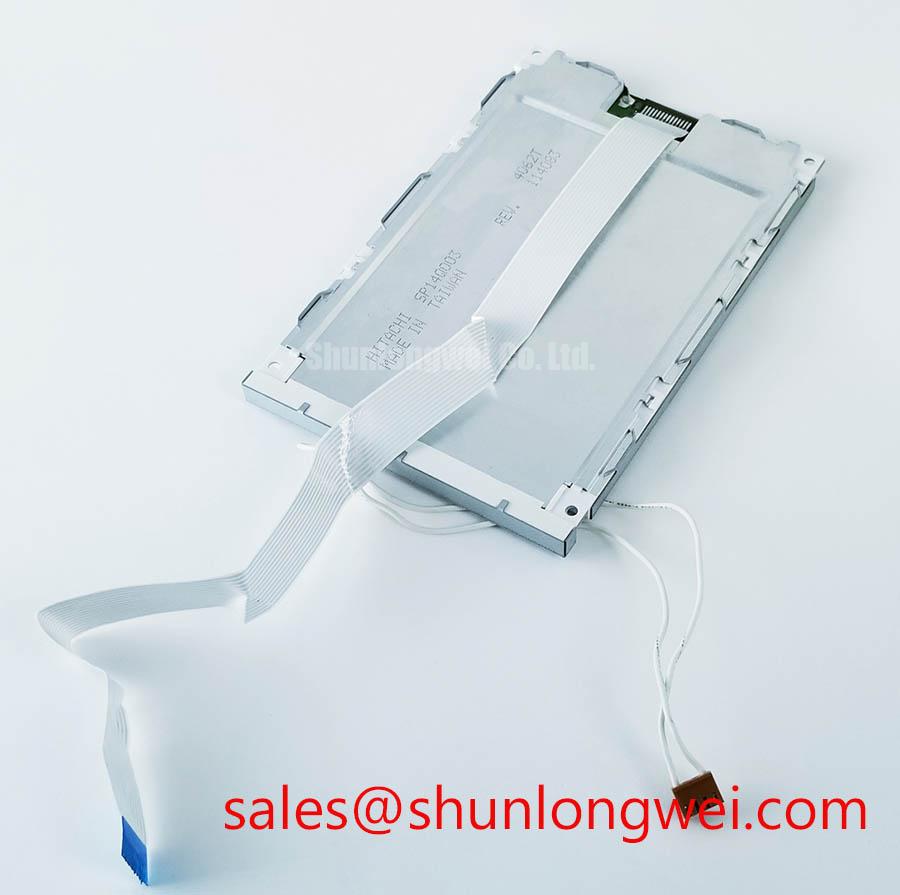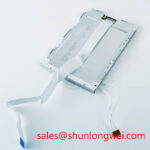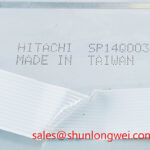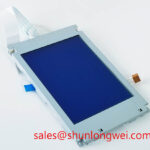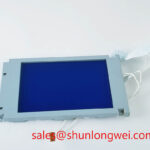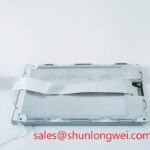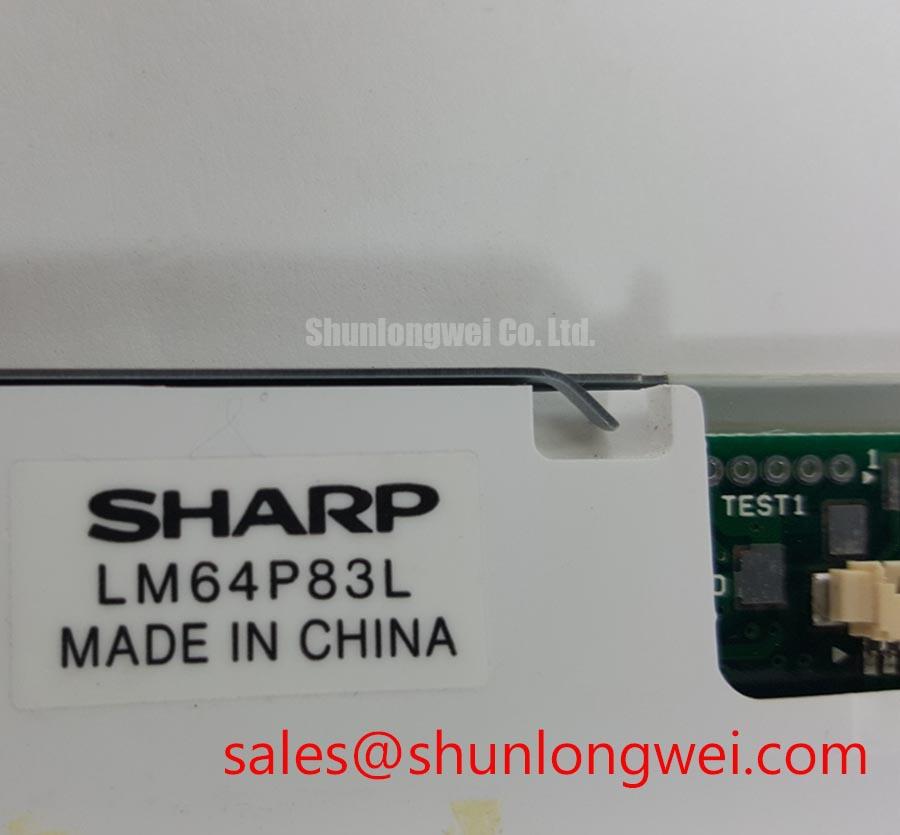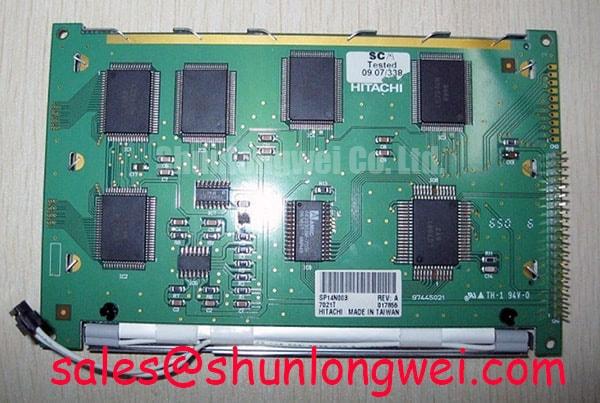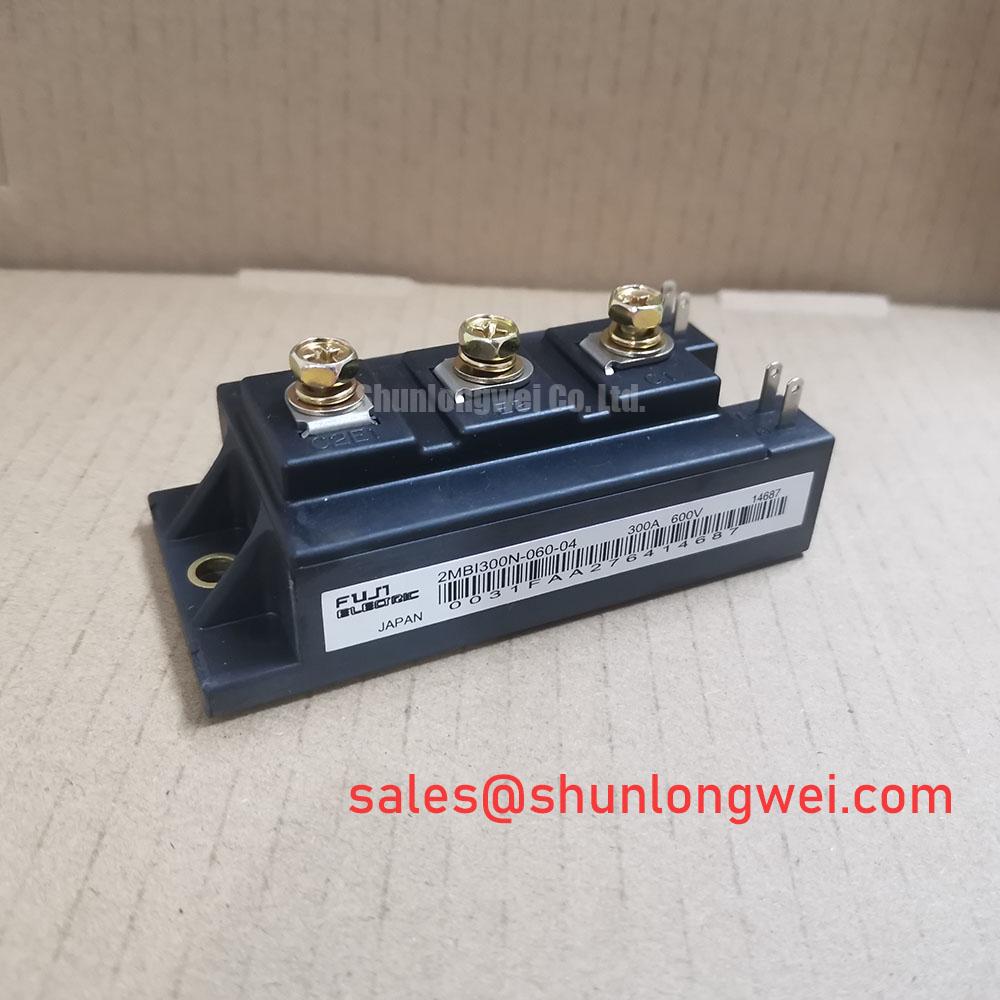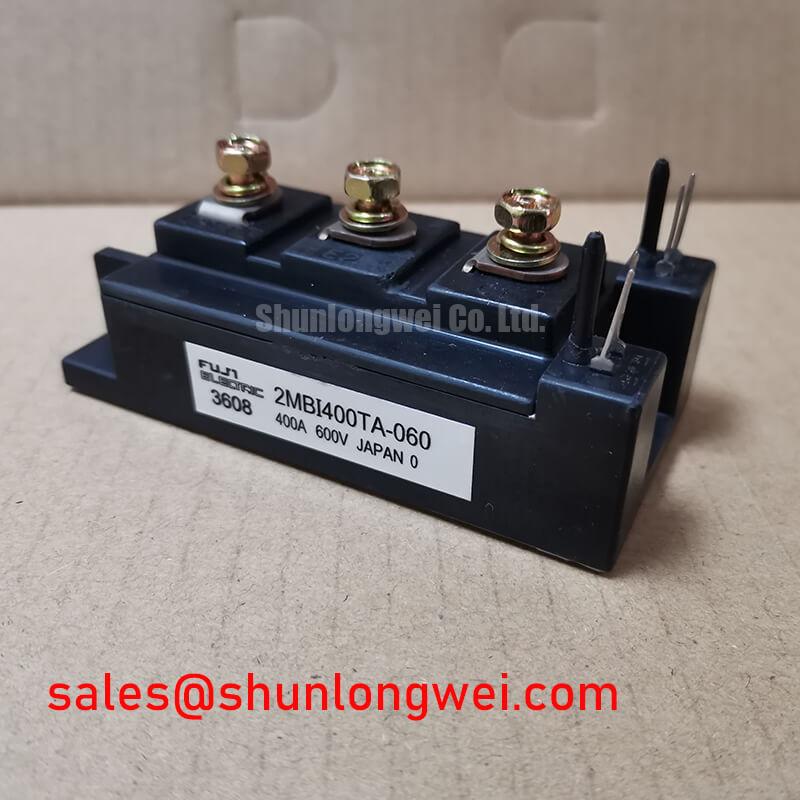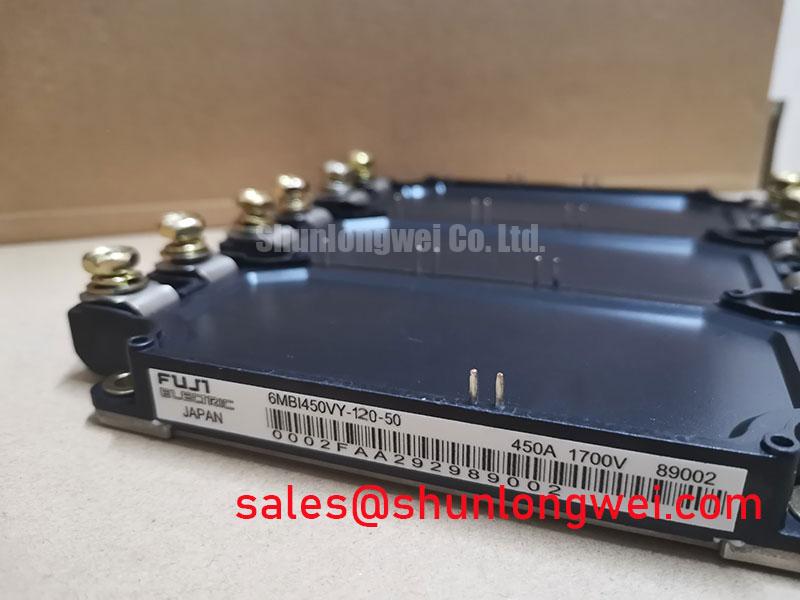SP14Q003-A: 5.7” Monochrome Display for Industrial HMI
Engineered for Clarity and Integration in Industrial Controls
The SP14Q003-A is a 5.7-inch FSTN monochrome display module designed for high-clarity data visualization in industrial equipment. It delivers crisp, high-contrast images essential for operator interfaces where readability is critical. By leveraging Film-compensated Super-twisted Nematic (FSTN) technology, this display provides superior viewing characteristics over standard STN panels, ensuring that crucial operational data is always legible. This focus on readability, combined with a standard parallel interface, simplifies the design process for engineers developing next-generation HMI panels and control systems.
A Foundation of Key Specifications for Dependable Operation
Technical parameters form the basis of any component's performance. For the SP14Q003-A, the specifications are tailored for integration into established industrial system architectures. The display's native QVGA resolution is a widely supported standard, easing the burden on system-on-chip (SoC) or microcontroller resources. An anti-glare surface treatment is a key feature, which minimizes reflections from overhead factory lighting, directly enhancing operator usability. Understanding these core attributes is the first step in evaluating its fit for a specific application.
| Category | Parameter | Value |
|---|---|---|
| Display Characteristics | Display Technology | FSTN (Film-compensated Super-twisted Nematic), Negative Blue Mode |
| Size | 5.7 inches (Diagonal) | |
| Resolution | 320 x 240 pixels (QVGA) | |
| Active Area | 115.185(W) × 86.385(H) mm | |
| Contrast Ratio | 6:1 (Typical) | |
| Surface Treatment | Antiglare | |
| Backlight & Electrical | Backlight System | CCFL (Cold Cathode Fluorescent Lamp) |
| Logic Supply Voltage (VDD) | 5.0V (Typical) | |
| Signal Interface | 4-bit Parallel Data | |
| Mechanical & Environmental | Outline Dimensions | 167.0(W) x 109.0(H) x 10.0(D) mm (Max) |
| Operating Temperature | 0°C to +50°C [5] | |
| Storage Temperature | -20°C to +60°C [5] |
For complete technical details, please refer to the official SP14Q003-A datasheet.
Field-Proven Deployments of the SP14Q003-A
The legacy of the SP14Q003-A is built on its presence in numerous industrial machines where uptime and clear communication are paramount. A prime example is its deployment in the control panels of injection molding machines and CNC equipment. In these settings, operators rely on the display for setting parameters, monitoring cycle progress, and diagnosing faults. The display's stable performance and resistance to the typical vibrations of a factory floor ensure that the human-machine interface remains a reliable tool, not a point of failure. What is the primary benefit of its proven design? It offers a low-risk, field-tested component for long-lifecycle industrial products.
Data-Driven Comparison for Your Design Evaluation
When evaluating monochrome displays, engineers often weigh factors like technology, interface, and mechanical fit. The SP14Q003-A presents a specific set of trade-offs that are important to understand. Its FSTN technology, for example, offers a significantly better contrast and viewing angle compared to older Twisted Nematic (TN) or standard STN panels, making it a strong candidate for interfaces that must be read from various positions. However, it uses a CCFL backlight, which requires an external inverter, a different design consideration compared to modern LED-backlit displays. For systems already designed around CCFL technology or those prioritizing the specific optical quality of FSTN, the SP14Q003-A provides a well-documented and stable solution. For applications demanding higher brightness or a wider temperature range, the AA057VF12 could be a relevant component to evaluate, offering distinct performance characteristics.
Inside the SP14Q003-A's Resilient Architecture
The engineering of the SP14Q003-A centers on delivering consistent performance through its fundamental components. The choice of a 4-bit parallel interface is a key aspect of its design for system integration. This interface is straightforward to control with a wide range of microcontrollers, reducing software development complexity compared to more intricate serial protocols. Think of the parallel interface like a multi-lane highway versus a single-lane road; it allows for a direct and rapid transfer of pixel data, which simplifies the timing requirements for the display controller. Another core architectural element is the separation of the logic and backlight power inputs. This allows engineers to manage the high-voltage CCFL inverter independently from the sensitive low-voltage digital logic, aiding in noise management and overall system stability.
Strategic Implications of Robust Display Integration
Integrating a display like the SP14Q003-A goes beyond the component level; it has strategic value for product longevity and maintainability. By utilizing a display with a well-established form factor and interface, manufacturers create a more sustainable product line. This standardization, a cornerstone of effective industrial display strategy, simplifies sourcing for long-term production and makes field service more efficient. As equipment lifecycles can span decades, specifying a component known for its stable and predictable performance characteristics contributes directly to a lower total cost of ownership (TCO) and protects the end-user's investment.
Where the SP14Q003-A Delivers Maximum Value
The SP14Q003-A is optimized for indoor industrial environments that demand high-clarity monochrome data visualization. Its capabilities are particularly well-suited for the following applications:
- Industrial Control Panels: Serving as the primary HMI for machinery such as CNC mills, lathes, and plastic injection molding equipment.
- Test and Measurement Instruments: Providing clear, unambiguous readouts for oscilloscopes, spectrum analyzers, and other benchtop devices.
- Medical Monitoring Equipment: Displaying vital signs and equipment status where high contrast and reliability are essential. [5]
For indoor HMI applications where a 5V logic supply is standard and extreme temperature fluctuation is not a factor, the SP14Q003-A's high-contrast FSTN display provides an optimal balance of readability and integration simplicity. What makes it a reliable choice for these systems? Its established technology and standard interface ensure predictable performance and ease of implementation. This module is an excellent candidate for new designs or as a replacement part in systems that value proven, dependable display technology.
To further explore the foundational technologies behind modern industrial displays, consider reading The Ultimate Guide to TFT-LCD: From Basics to Industrial Applications.
To discuss the specific requirements of your application or to inquire about this component, please contact our technical support team for data-driven assistance.

